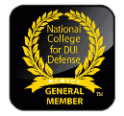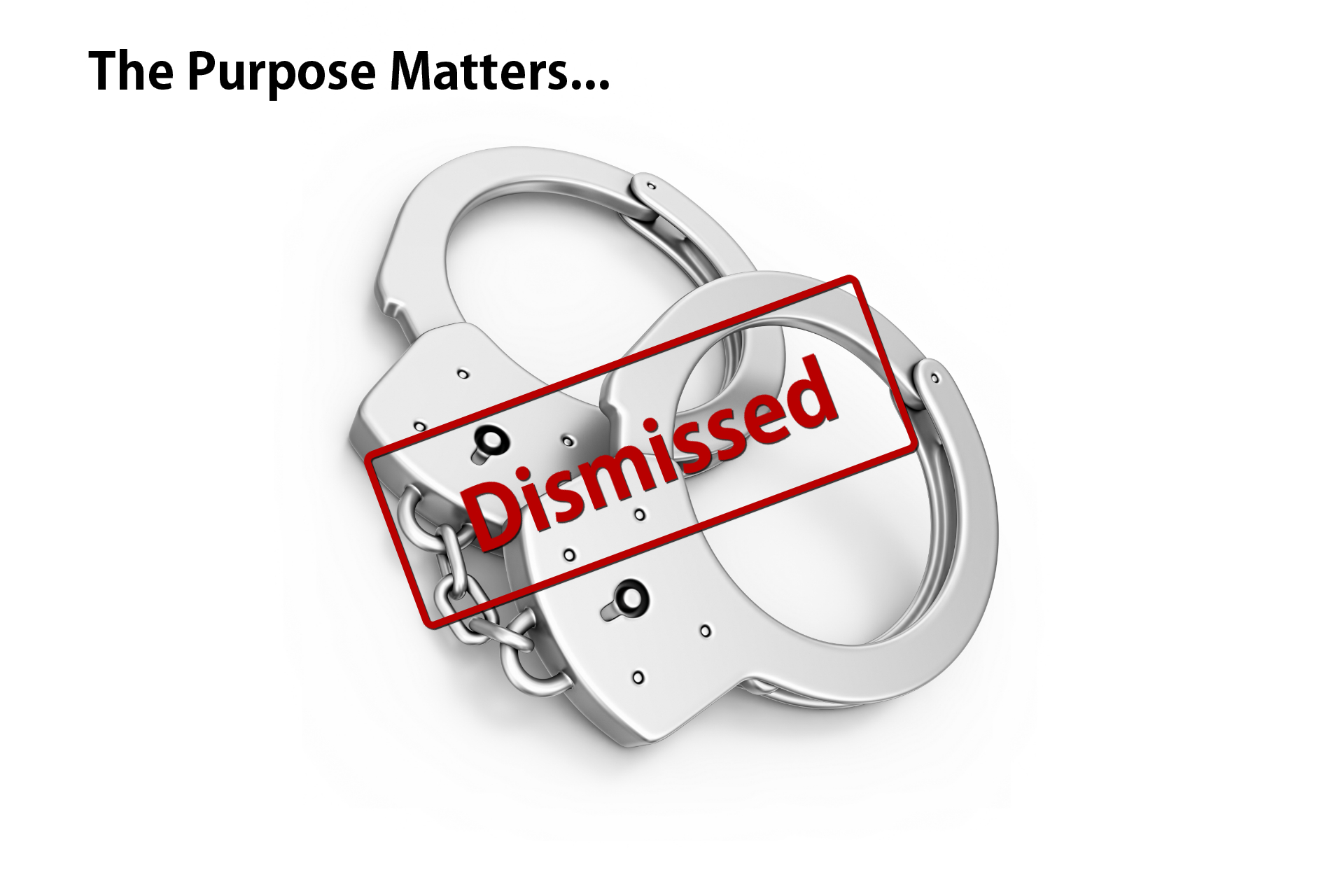The United States Supreme Court recently held “a police stop exceeding the time needed to handle the matter for which the stop was made violates the Constitution’s shield against unreasonable seizures” in Rodriguez v. United States, 135 S.Ct. 1609 (2015).
This means that if a police officer stops you for speeding, he or she can only detain you long enough to do the typical things that would go with investigating a speeding infraction. However, if during the lawful detention the office develops additional information of another crime, he or she can extend the interaction.
I had a client who was stopped for speeding and only speeding. The speeding occurred in a known area for speeders and the police officer admitted that was why he was stationed in that area. The officer did not observe any operation of the vehicle that indicated the operator was impaired – no swerving over the center line, no driving in the breakdown lane – just speeding.
During the interaction with my client over the speeding issue, the police officer noted that my client had bloodshot eyes, admitted to drinking, and had slightly slurred speech. All of these factors justified further detaining my client and requesting that he participate in field sobriety tests. The officer administered two field sobriety tests: the walk-and-turn and the one-leg stand tests. My client showed one clue out of eight on the walk-and-turn and one clue out of four on the one-leg stand.
To arrest someone for a crime, the police must have probable cause to believe that a crime has been committed by the person they are seeking to arrest. This means that the officer must have more than a suspicion or a hunch on which to base an arrest. In this case the judge found that the observations of the officer, including the results of the field sobriety tests, did not equal probable cause to arrest my client. He excluded from use at trial all evidence gathered as a result of the arrest, including the breath test result. In light of this ruling, the State dismissed the case.
This case reminds us to evaluate the legal standard for every phase of the case to make sure you are not missing something. Here there was more than enough information to justify the traffic stop and initial request for field sobriety testing, but not enough information to justify an arrest.
Be informed. Protect yourself. Defend yourself. Call me at NICHOLS & CHURCHILL 207-879-4000 for a free consultation. Or check me out at www.nicholschurchill.com.
Disclaimer: This article is intended to provide general, not specific, information about Maine law. The publication of this article does not constitute an attorney-client relationship between the author(s) and the reader(s).





